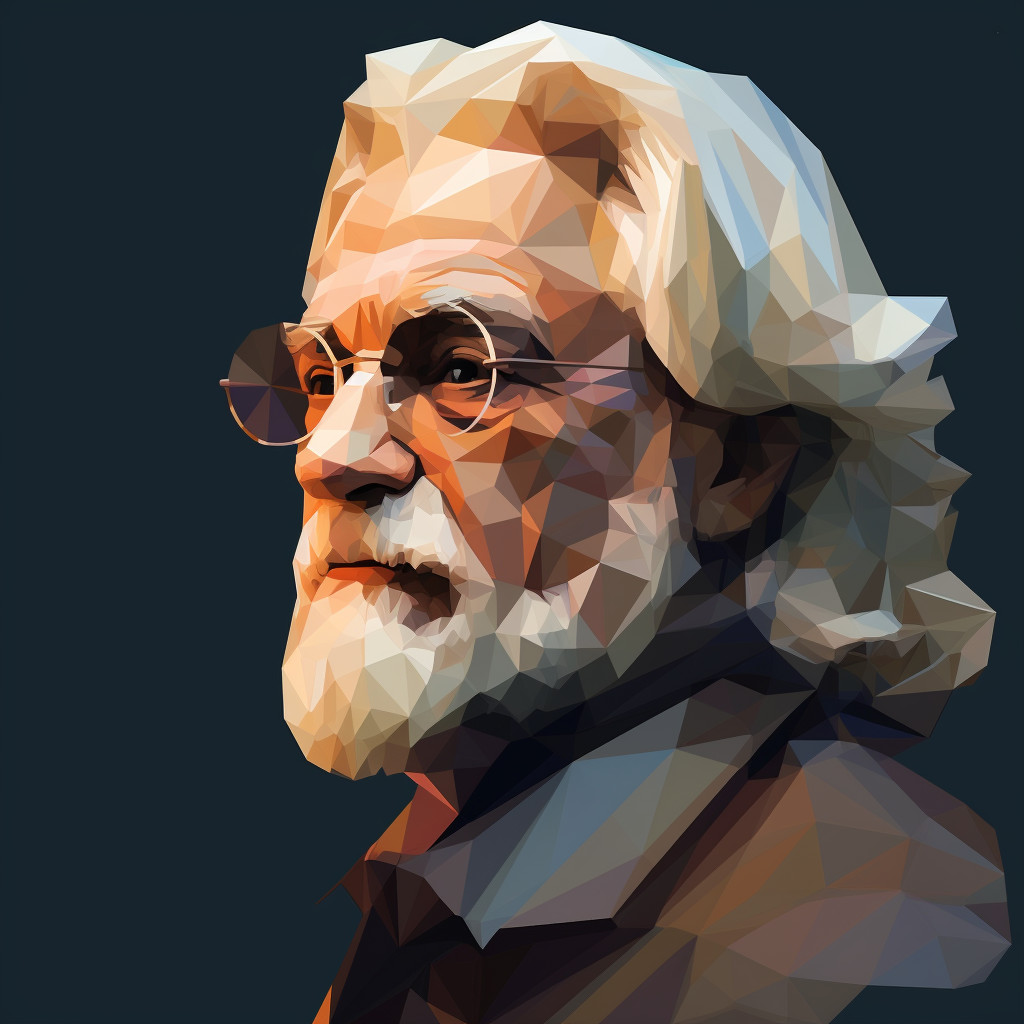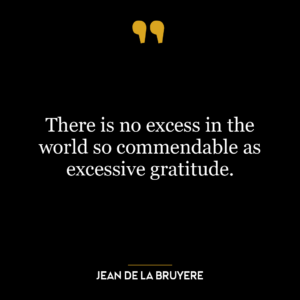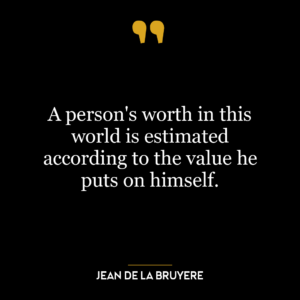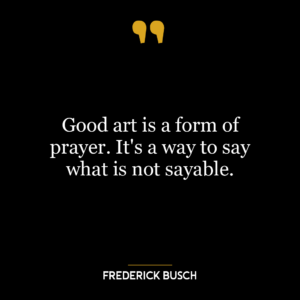This quote suggests that the most appropriate form of prayer is not one where you beg or plead for something (supplication), but one where you express thankfulness (gratitude). It implies that instead of asking for more, we should appreciate what we already have. This perspective is based on the belief that the universe, or a higher power, already knows our needs and desires, so the act of asking is redundant. Instead, being grateful can help us recognize and value the blessings we already have.
In terms of personal development, this quote encourages a shift in mindset. Instead of focusing on what we lack or want, we should concentrate on what we already possess. This attitude promotes contentment and satisfaction, reducing feelings of inadequacy or dissatisfaction. It’s about fostering a positive outlook, which can lead to increased happiness and improved mental health.
In today’s world, where consumerism and the pursuit of more can often lead to feelings of emptiness or unfulfillment, this quote serves as a reminder to appreciate the present moment and our current circumstances. The practice of gratitude has been scientifically proven to improve one’s well-being, reduce stress, and enhance physical health.
Applying this idea in everyday life could involve keeping a gratitude journal, where one writes down things they are thankful for each day. This practice helps shift our focus from our problems to our blessings, fostering a more positive outlook on life. Additionally, expressing gratitude to others can strengthen relationships and foster positivity.
In conclusion, this quote encourages us to shift our perspective from wanting more to appreciating what we already have. It’s a call to cultivate gratitude, which can significantly improve our overall well-being and happiness.










